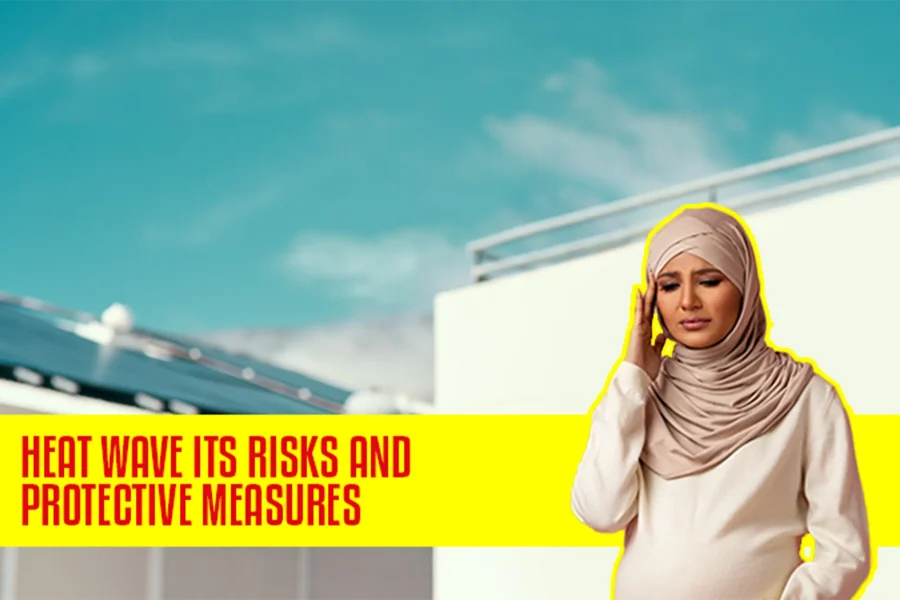
Heat waves are a major cause of extreme heat in the summer season. It affects both human health and the environment. During extreme heat, the temperature is several degrees centigrade above normal temperature. Various factors, including urbanization, climate change, and atmospheric pressure systems, can cause it. It is very important to understand the effects of heat stress and develop better strategies to avoid it.
It is a period of exceptionally hot weather when the temperature is higher than normal. It can last for several days. It happens when warm air is trapped in the environment. This excessive heat leads to heatstroke and dehydration. During this period, humidity is also higher.
Excess heat affects older people, especially those with pre-existing medical conditions because such people cannot regulate their body temperature well. Young children are especially prone to this because their bodies metabolize heat more quickly than adults. The people who are exposed to extreme heat and do not take care of their hydration are affected. Apart from this, pregnant women are also at risk. Extreme heat causes dehydration, which can endanger the baby and can cause weight loss of the baby, early birth, and stillbirth. A woman’s health can also be affected, due to which she can suffer from high blood pressure and gestational diabetes. If a pregnant woman presents any situation, she should undergo a transvaginal ultrasound.
Following are the ways to protect yourself from extreme heat.
In extreme heat, the body loses water due to sweat, and the body becomes dehydrated. So staying hydrated is very important. Drink plenty of water to compensate for dehydration. Avoid sugary drinks as they cause dehydration.
Keep yourself in cool places during the hottest part of the day to avoid heatstroke. And avoid going to a place where there is a risk of heat exposure.
Be aware of the symptoms of heat stroke yourself and tell others about it. Symptoms of heat stroke include nausea, dizziness, and rapid heartbeat. If you or someone close to you experiences these symptoms, get medical attention immediately.
To prevent heatstroke, insulate your home well to minimize heat ingress and keep the house cool. Use portable fans or air conditioners to keep your home cool. No matter how intense the heat is, if you are aware of it in advance and have prepared well, you can be safe from it.
A Specialized Radiology Center in Lahore is Providing Body , MSK, OBS Gynea TVS, Endocavity & Doppler Under Supervision of UK Trained Consultant in Lahore.
©2025, EBTECHSOL, All Rights Reserved.